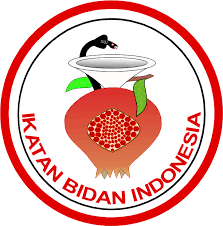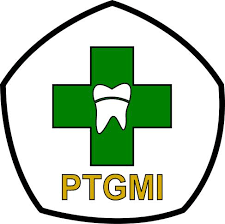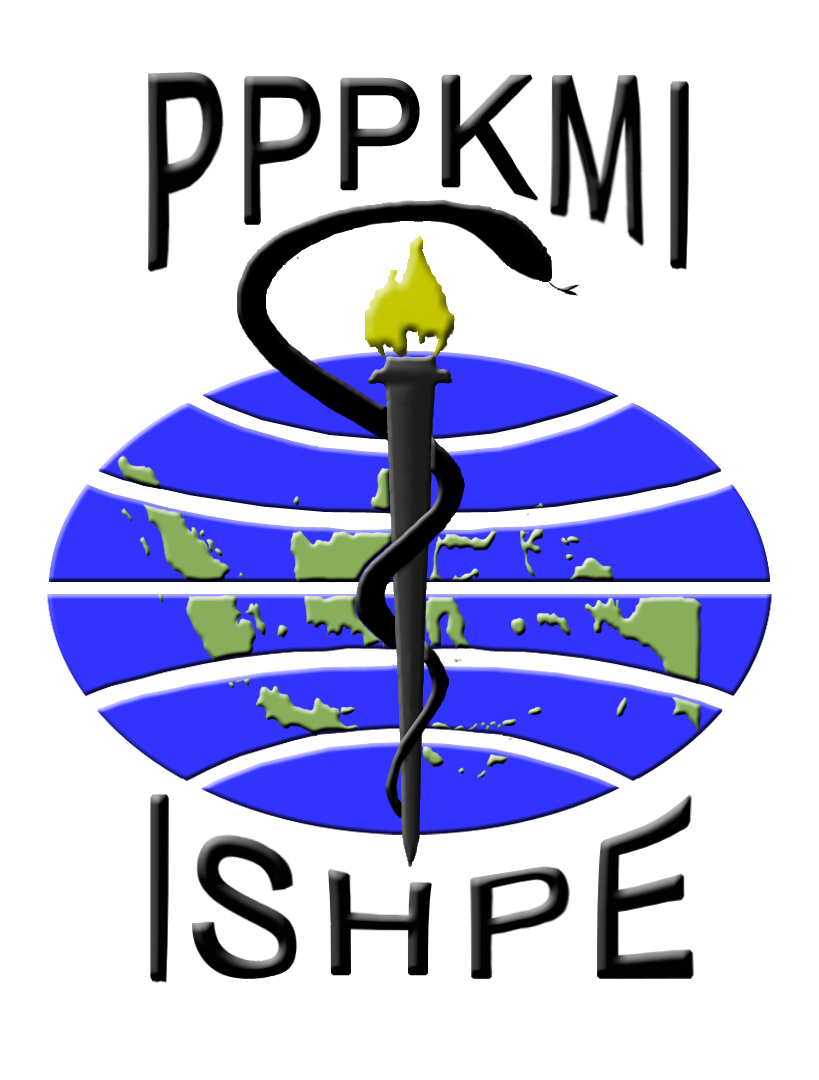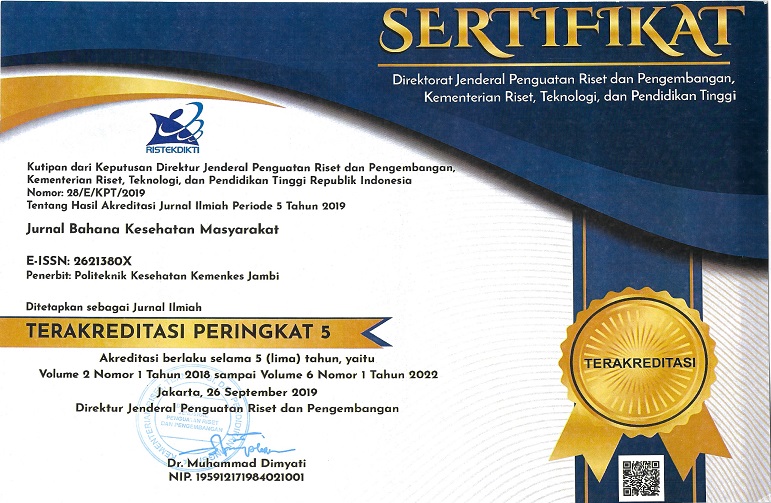Association of Household Food Security And Nutritional Status Based On Body Mass Index (BMI) of Woman In Surakarta, Central Java, Indonesia
Abstract
Background : Household food security has been associated with households's ability to access sufficient food to meet the needs of all family members. This study aims to determine the association between household food security and nutritional status based on BMI in women aged 15–49 in Surakarta, Central Java, Indonesia.
Method: This research used a cross sectional design. 101 women were included as subjects by the random sampling technique. Food security data was obtained from HFIAS (Household Food Insecurity Access Scale) questionnaire and nutritional status was measured using BMI. Statistical tests to determine the association between variables use the Spearman correlation test and the Pearson correlation test.
Result: The research results showed p = 0.328, which means there was no association between income and nutritional status based on BMI, and showed p = 0.004 which means there was an association between income and household food security, and p = 0.677, which means there was no association between household food security and nutritional status based on BMI.
Conclusion: There was no association between household food security and nutritional status based on BMI of women in Surakarta, Central Java, Indonesia.

























